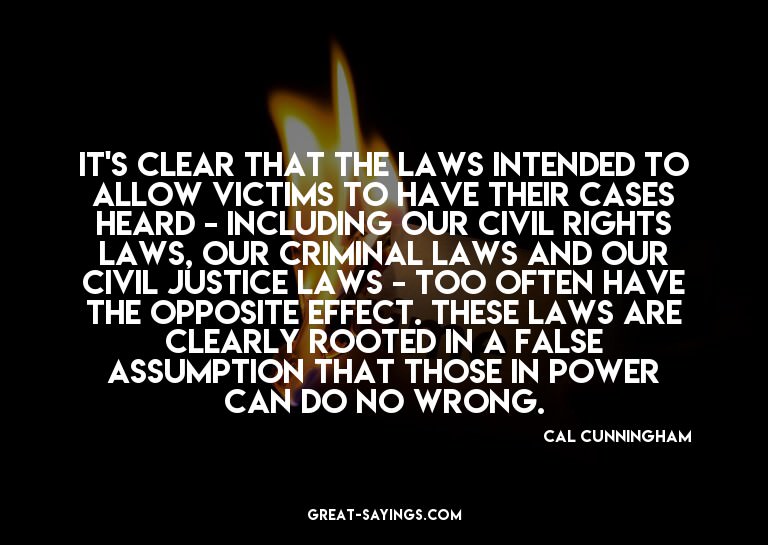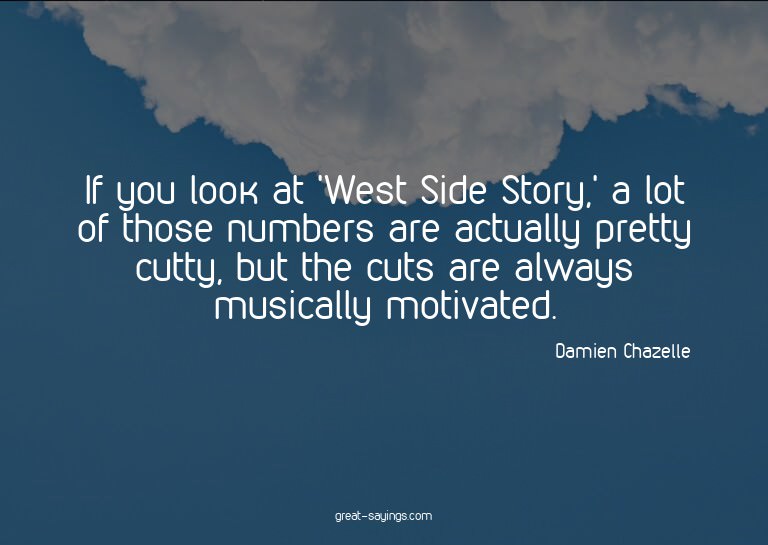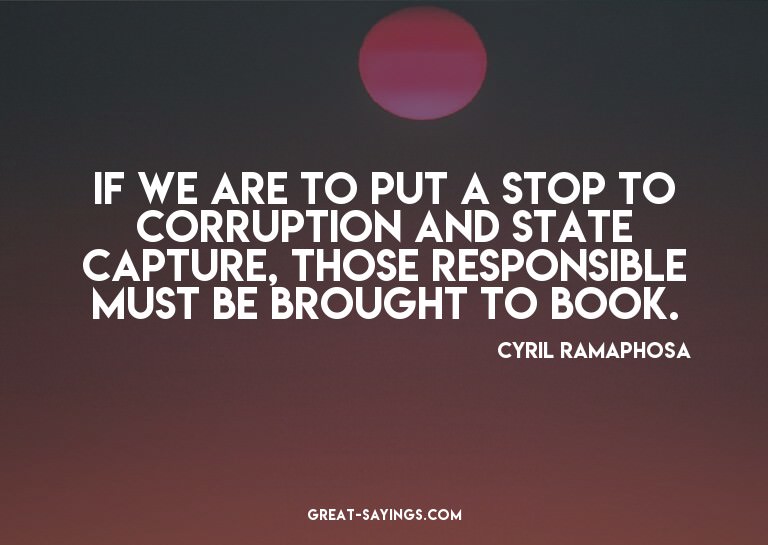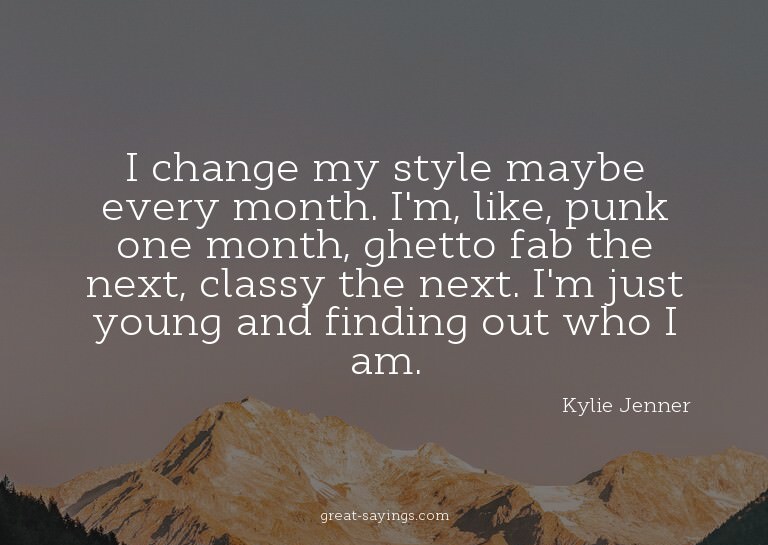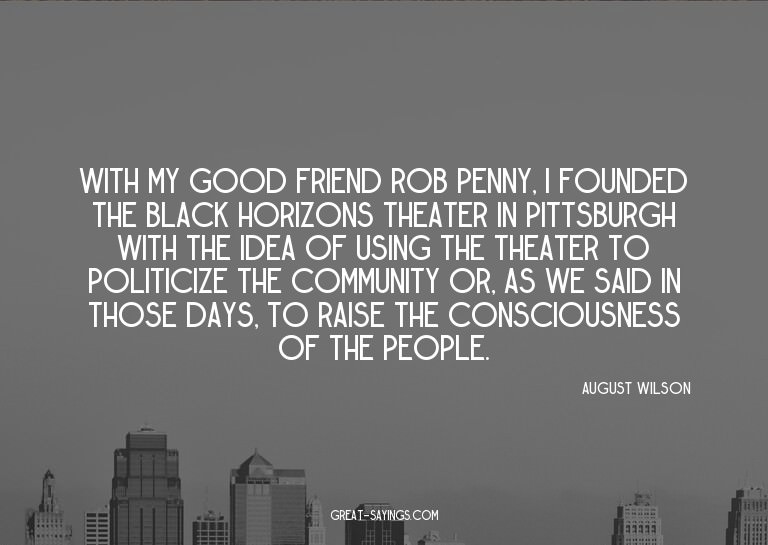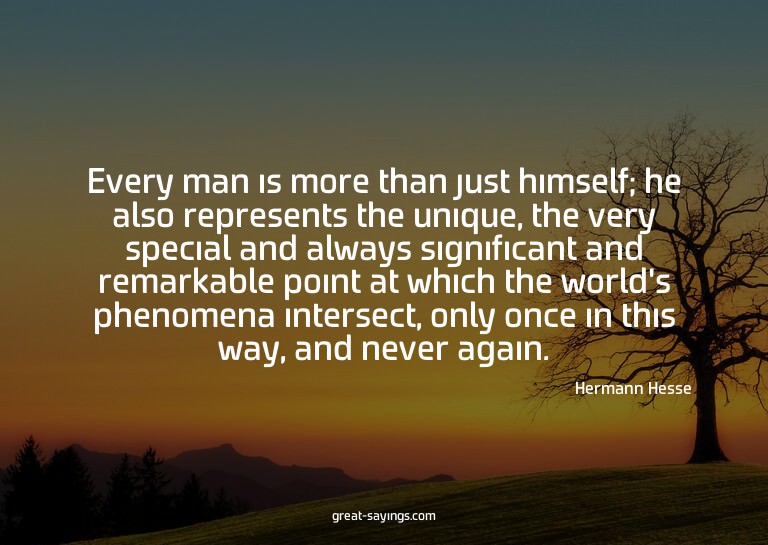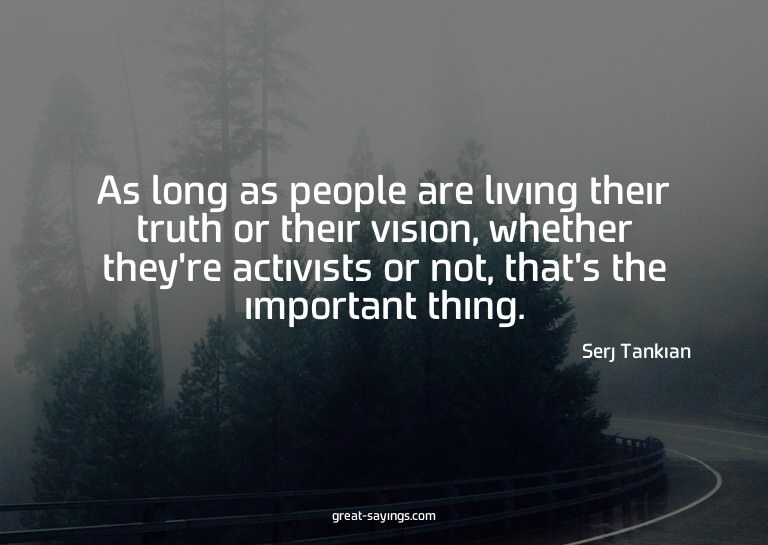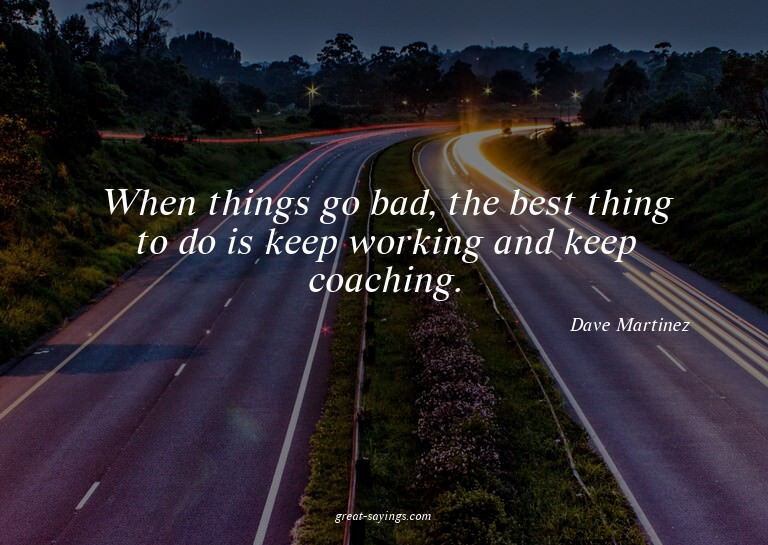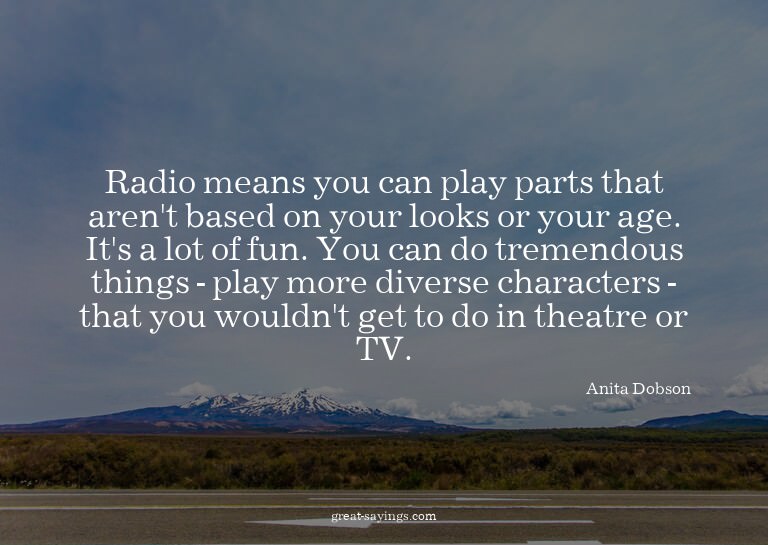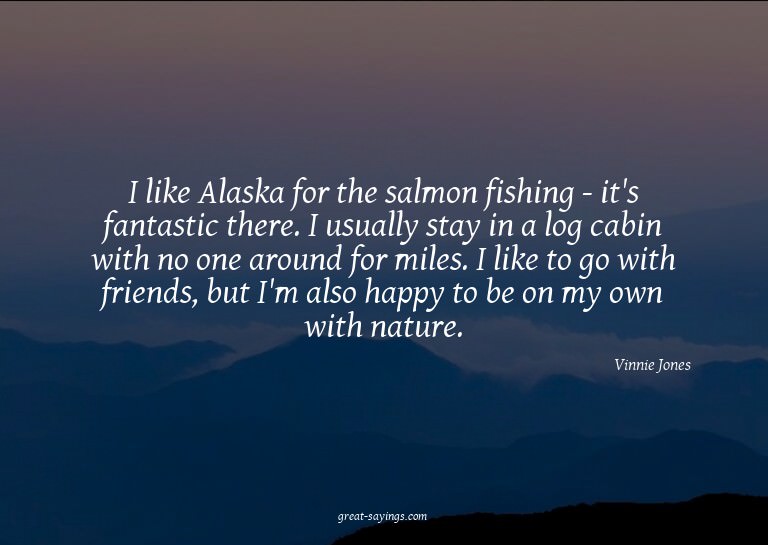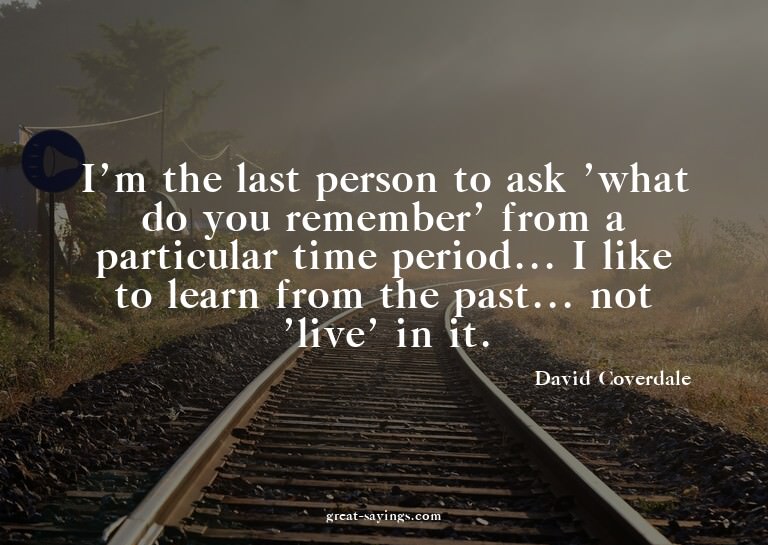Words matter. These are the best Tony Kushner Quotes, and they’re great for sharing with your friends.
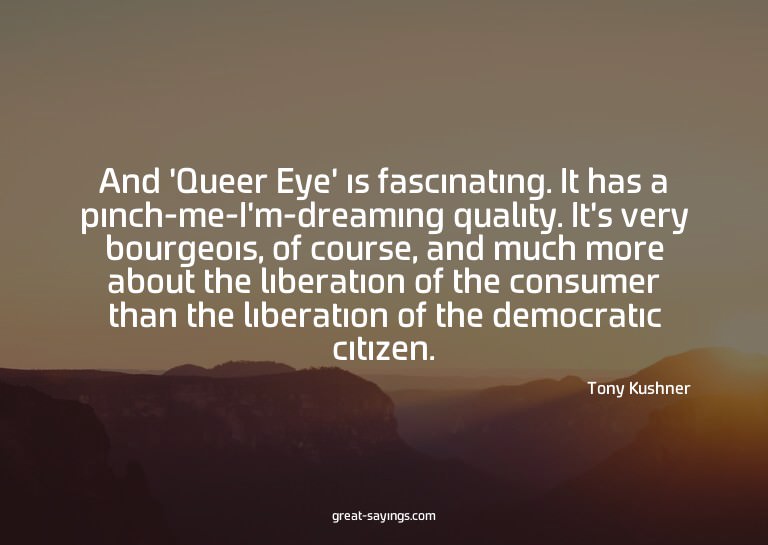
And ‘Queer Eye’ is fascinating. It has a pinch-me-I’m-dreaming quality. It’s very bourgeois, of course, and much more about the liberation of the consumer than the liberation of the democratic citizen.
I’m happy that I feel a little less out of place in filmmaking than I once was – but it’s almost impossible for a playwright in the U.S. to make a living. You can have a play, like I did with ‘Angels,’ and it still generates income for me, but it’s not enough for me to live on and have health insurance.
I tend to be sort of quiet and shy and awkward in social situations.
I think I’ll always be a better playwright than a pundit, but I believe that writers should be public intellectuals and that theater, even more than film, is a place of public debate.
The work of artists is to find what’s humanly possible – possibility’s furthest reaches.
The kind of theater that I do is sort of ‘narrative realism,’ which I think in the broadest sense is legitimate to say is mainstream. I mean, in a certain sense, Suzan-Lori’s plays have had mainstream levels of success. But Suzan-Lori is in some ways not a narrative realist.
I go into any movie that’s historical fiction thinking, ‘OK, I’m here to watch a work of art, something delivering a series of opinions, and if it’s a good work of art, these opinions become so deeply embedded in complexity and richness that I won’t even be bothered by the opinions. I’ll make my own mind up.’
I love reading; it’s a great way to avoid writing.
A handful of works in history have had a direct impact on social policy: one or two works of Dickens, some of Zola, ‘Uncle Tom’s Cabin’ and, in modern drama, Larry Kramer’s ‘The Normal Heart.’
You could argue that Barack Obama faced in ’08 a situation as bad as any president since the Great Depression. What Obama inherited from the Bush administration, we all remember, was just an absolute global catastrophe.
I feel there’s a power in theatre, but it’s an indirect power. It’s like the relationship of the sleeper to the unconscious. You discover things you can’t afford to countenance in waking life. You can forget them, remember them a day later or not have any idea what they are about.
The way you give love is the most profoundly human part of you. When people say it’s ugly or a perversion or an abomination, they’re attacking the center of your being.
So I think I’ll say the obvious thing: theater is ephemeral. When a production is done, it’s gone forever. You can take pictures of it. You can make a film of it. But it’s not the production. It’s not the same thing.
One of the things I learned in ‘Slavs!’ is that it’s much easier to talk about being gay than it is to talk about being a socialist. People are afraid of socialism, and plays that deal with economics are scarier to them.
Gay writers now have both a sense of history and the fables that allows them to dwell in the realms of the ridiculous and at the same time talk seriously about things.
You have to have hope. It’s irresponsible to give false hope, which I think a lot of playwrights are guilty of. But I also think it’s irresponsible to simply be a nihilist, which quite a lot of playwrights, especially playwrights younger than me, have become guilty of.
The act of thinking and interpreting is so central to Judaism that it makes more sense that we’ve become people like Woody Allen – thinkers and talkers and drafters of law.
Artists know that diligence counts as much, if not more, as inspiration; in art, as in politics, patience counts as much as revolution.
My back went out and I gained 40 pounds while sweating over ‘Perestroika.’ It was incredibly hard, the hardest thing I had to do before the screenplay to ‘Lincoln.’
I find writing very difficult. It’s hard and it hurts sometimes, and it’s scary because of the fear of failure and the very unpleasant feeling that you may have reached the limit of your abilities.
God knows I’ve had productions where there were actors in my plays who were making more money per week than I was.
The big influence on me was Robert Altman, who, especially in ‘Nashville,’ transformed my sense of dramatic structure and showed how you could handle overlapping stories.
I’m fairly certain when I die that the obituary will say, ‘Author of ‘Angels in America’ dies.’ Unless I’m completely forgotten, and then it won’t say anything at all.
I write everything with fountain pens. I don’t know why. I’ve done it since I was bar mitzvahed. I was given a fountain pen, a Parker fountain pen, and I loved it, and I’ve never liked writing anything with pencils or ball-points.
You don’t go to the movies to do historical research, unless it’s historical research about the movies.
As a playwright, you are a torturer of actors and of the audience as well. You inflict things on people.
I’m going to start work on developing a series for HBO, because I’m naturally given to episodic stories of considerable length. And I won’t have to listen to complaints about how wordy and long my work is if you can watch it on your telephone on the subway: You can make it conform to your day as if it were a book.
I don’t feel, finally, that my politics are entirely determined by the fact that I’m a gay man.
Making movies is a very different experience in a lot of ways. It’s difficult when you’re used to owning the copyright and having a landlord’s possessory rights – I rent my plays to the companies that do them and, if I’m upset, I can pull the play. But the only two directors I’ve worked with are pretty great.
If you’re gay and you can’t hold hands, or you’re black and you can’t catch a taxi, or you’re a woman and you can’t go into the park, you are aware there’s a menace. That’s costly on a psychic level. The world should be striving to make all its members secure.

